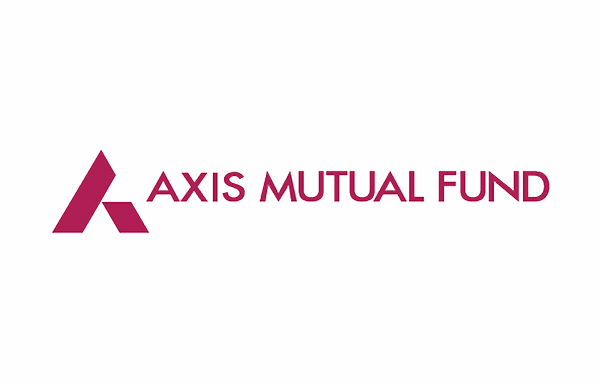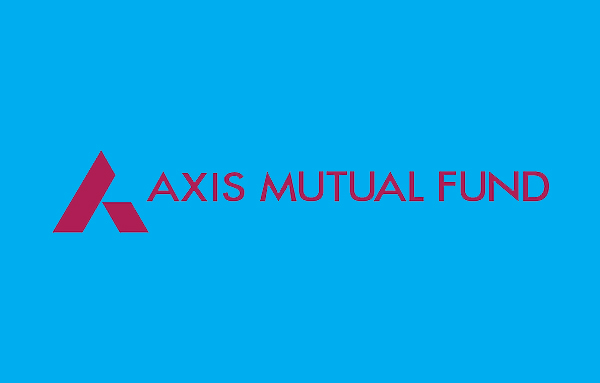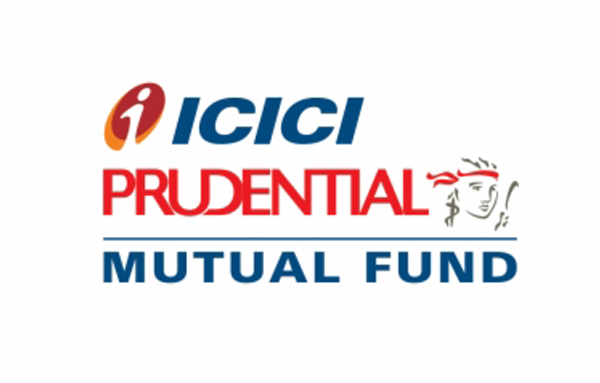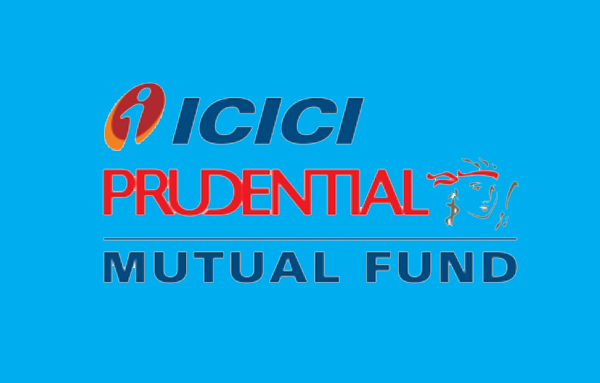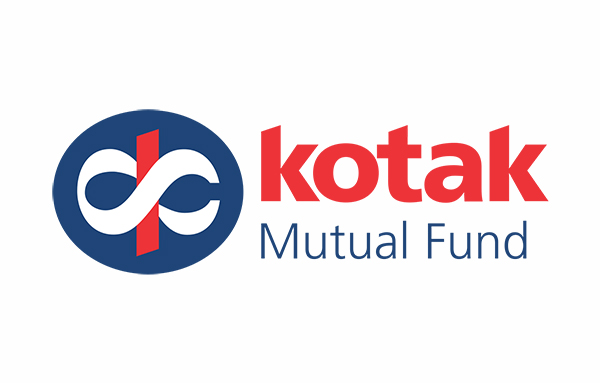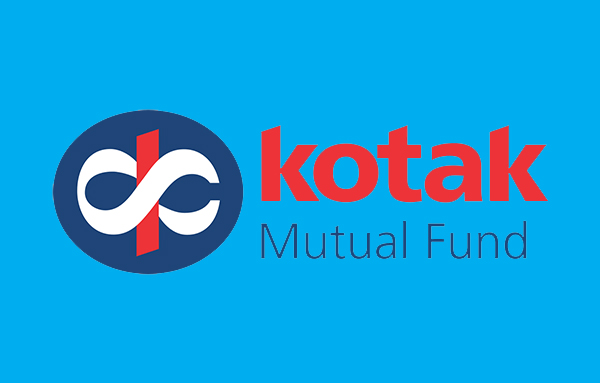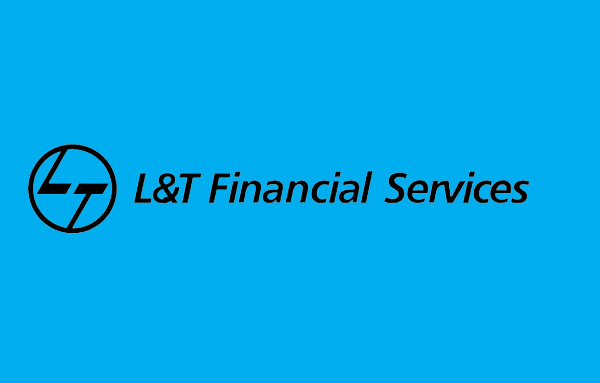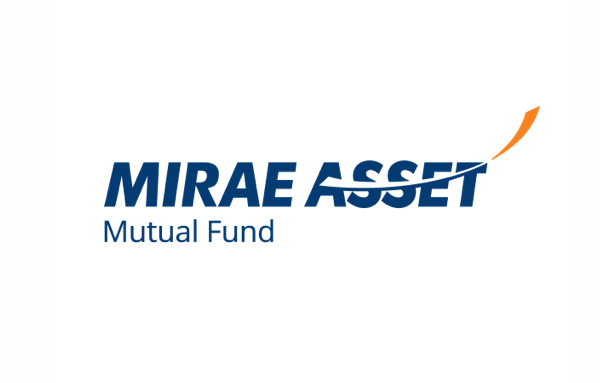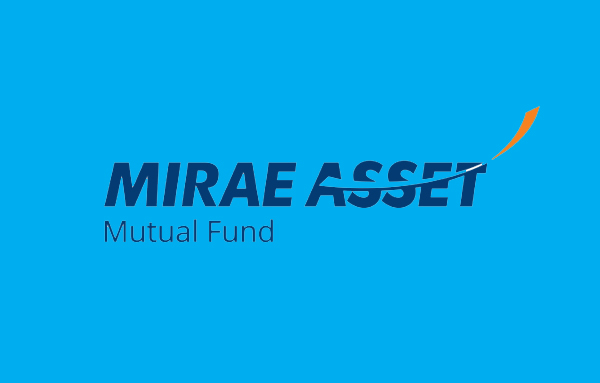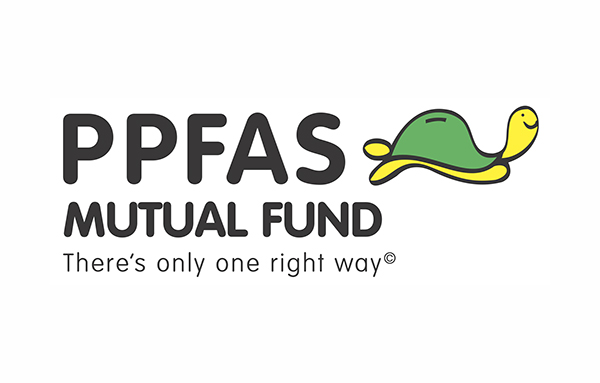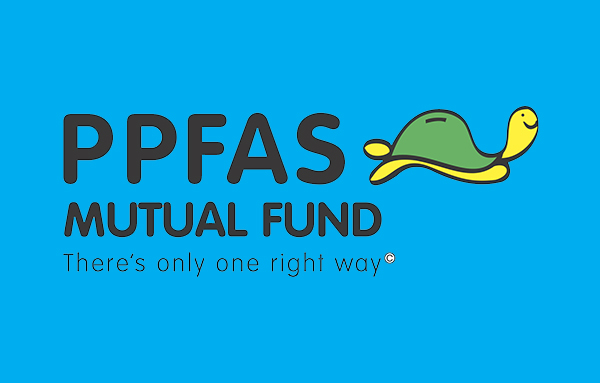Mutual Funds
A mutual fund is a professionally managed investment fund that pools money from many investors to purchase securities. These investors may be retail or institutional in nature.
In simple words, it is a type of financial vehicle made up of a pool of money collected from many investors to invest in securities such as stocks, bonds, money market instruments, and other assets. A fund manager (or "portfolio manager") decides how to invest the money. It is great for those who need to invest their money for future requirements.
There are 3 types of Mutual Funds.
1. Equity or Growth Funds
- These invest predominantly in equities i.e. shares of companies
- The primary objective is wealth creation or capital appreciation.
- They have the potential to generate higher return and are best for long term investments.
- Examples would be
- “Large Cap” funds which invest predominantly in companies that run large established business
- “Mid Cap” funds which invest in mid-sized companies.
- “Small Cap” funds that invest in small sized companies
- “Multi Cap” funds that invest in a mix of large, mid and small sized companies.
- “Sector” funds that invest in companies that are related to one type of business. For e.g. Technology funds that invest only in technology companies

- “Thematic” funds that invest in a common theme. For e.g. Infrastructure funds that invest in companies that will benefit from the growth in the infrastructure segment
- Tax-Saving Funds
2. Income or Bond or Fixed Income Funds
- These invest in Fixed Income Securities, like Government Securities or Bonds, Commercial Papers and Debentures, Bank Certificates of Deposits and Money Market instruments like Treasury Bills, Commercial Paper, etc.
- These are relatively safer investments and are suitable for Income Generation.
- Examples would be Liquid, Short Term, Floating Rate, Corporate Debt, Dynamic Bond, Gilt Funds, etc.
3. Hybrid Funds
- These invest in both Equities and Fixed Income, thus offering the best of both, Growth Potential as well as Income Generation.
- Examples would be Aggressive Balanced Funds, Conservative Balanced Funds, Pension Plans, Child Plans and Monthly Income Plans, etc.
